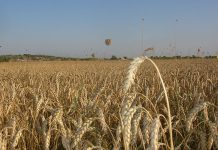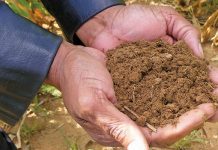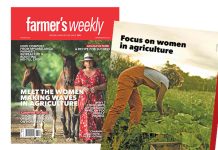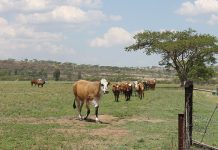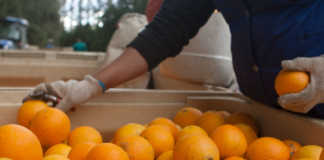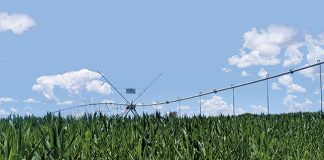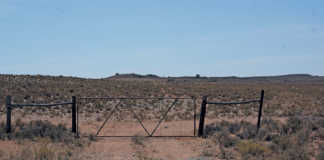However, what is perhaps not being asked often and urgently enough is: how will we survive the next drought, and the one after that?
The chilling piece by Prof Anthony Turton, of the University of the Free State’s Centre for Environmental Management,
provides a thorough examination of South Africa’s dire freshwater situation. The local and global truth is clear: we are running out of water.
About 70% of our planet is covered in water, but only 3% of this water is freshwater – suitable for human consumption and irrigation. Furthermore, two- thirds of freshwater resources are held frozen in glaciers or are otherwise unavailable for use. The World Economic Forum announced recently that a widespread water crisis is now considered to be the world’s number one global risk, based on the impact it could have on society as a measure of devastation.
Population growth, rapid urbanisation and the onset of climate change is fast increasing the already heavy burden placed on the Earth’s scarce freshwater resources. Estimates show that there is enough freshwater on the planet to provide for seven billion people. Currently, the world population stands at a little over 7,4 billion and the UN projects that this figure will rise to 9,7 billion by 2050.
I recall a presentation given by Prof Eugene Cloete, microbiologist, water expert and the vice-rector for Research and Innovation at Stellenbosch University, at a conference of the Southern African Young Water Professionals in Stellenbosch in 2013. Here he said that by 2025, about 60% of the world’s population would be living in cities.
This would have a severe ecological impact because people living in cities tended to consume more food and energy than those living in rural areas. If the current rate of natural resource consumption continues, we would either need an additional four Earths to supply resource demand, or the world population would need to decrease to less than two billion people.
The Water Research Commission has estimated that there will be a gap of about 17% between water demand and supply by 2030, should no significant policy shifts occur to update infrastructure and change water consumption habits in South Africa. Farmers can play an important role in curbing waste.
About 60% of water usage in South Africa is attributed to agriculture, and therefore water-use inefficiencies in agriculture add up to a massive amount of wastage quickly. For example, a third of food produced in South Africa goes to waste, which represents a 20% wastage of total water use in the country.
By following better production practices and improving the efficiency of the cold chain, food waste, and by implication water waste, could be decreased significantly.


